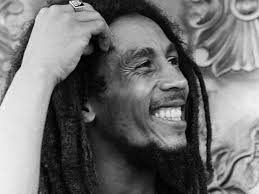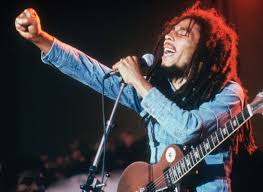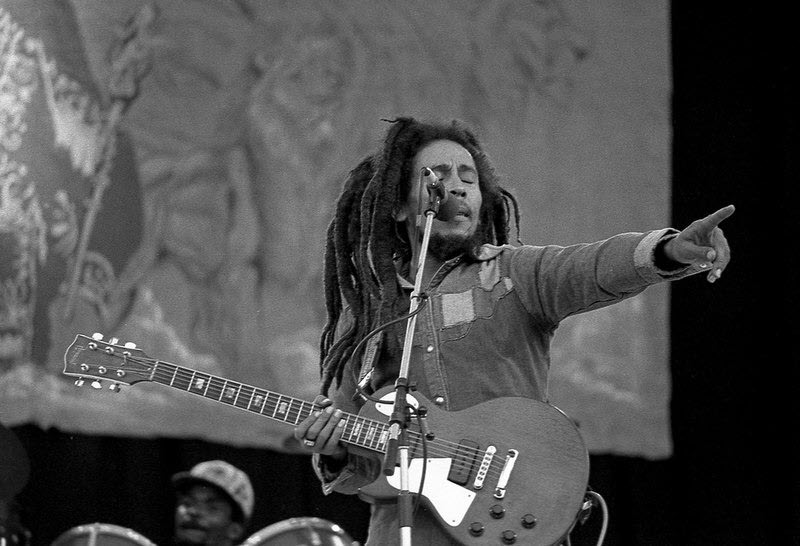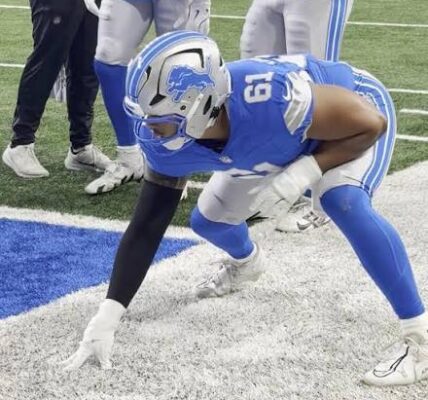10 Best Bob Marley Songs of All Time
2.2k
SHARES
Few artists have left a legacy as enduring, soulful, and revolutionary as Bob Marley.
A true icon of reggae music and a global symbol of peace, resistance, and unity, Marley’s voice transcended borders and genres. His music wasn’t just entertainment—it was a movement.
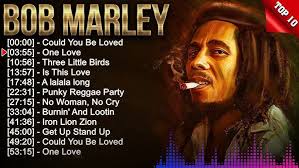
From the sun-soaked streets of Kingston, Jamaica, to stadiums packed with fans worldwide, Marley’s songs have become timeless anthems of love, freedom, and spiritual awakening.
Whether you’re a lifelong fan or just beginning your journey into reggae, his catalog offers something unforgettable for everyone.
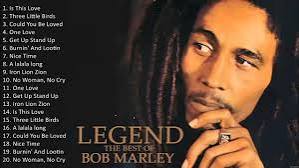
In this article, we’re counting down the top 10 most popular Bob Marley songs of all time—the tracks that defined his legacy, moved millions, and continue to inspire generations decades after his passing.
These are the songs that sparked revolutions, comforted souls, and made the world dance. Each one tells a story, carries a message, and channels the unmistakable rhythm of Jamaica’s heartbeat.
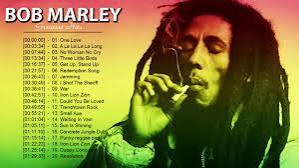
So press play, open your heart, and get ready to rediscover the music of a legend.
This is more than a playlist—it’s a celebration of the man who turned reggae into a global language. Let’s dive into the songs that made Bob Marley a musical prophet for the ages.
Table of Contents
1. “No Woman, No Cry” (1974)
“No Woman, No Cry” is one of Bob Marley’s most beloved and emotionally resonant songs, first appearing on the 1974 Natty Dread album.
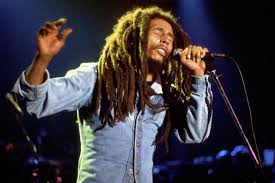
Co-credited to Marley’s friend Vincent Ford, who ran a soup kitchen in Trenchtown, the song captures everyday life in Jamaica’s impoverished neighborhoods with remarkable tenderness.
Marley’s soothing voice paints scenes of hardship—like making do with cornmeal porridge—and quiet joys shared among friends, underscoring the strength found in community.
His delivery is both comforting and dignified, transforming personal struggle into universal empathy.
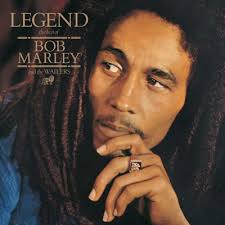
While the original version introduced listeners to its message, it was the 1975 live recording from London’s Lyceum Theatre that truly brought the song to global prominence.
That version, raw and heartfelt, emphasized the emotional intimacy of Marley’s performance and made “No Woman, No Cry” an anthem for resilience.
The chorus offers solace—”everything’s gonna be alright”—while the verses speak directly to those enduring adversity.
It’s not just a song of sorrow, but of hope and remembrance.
Through its gentle rhythm and heartfelt lyrics, Marley turns the personal into the poetic, immortalizing the spirit of Trenchtown and the power of perseverance.
